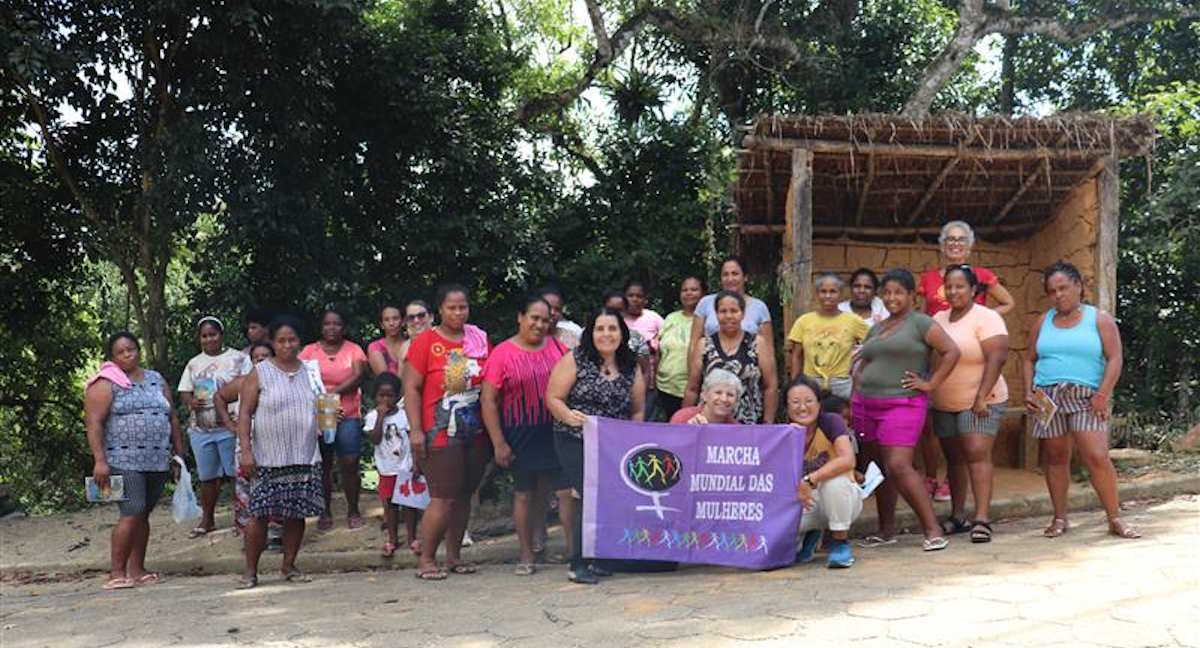The annual General Assembly of the Alisea* network took place in Yangon, Myanmar, on 22 and 23 February last. These two days provided an opportunity for the members of the network to visit organic farms and observe agroecological practices in the field. They were able to talk to farmers about their experiences and the difficulties they sometimes encounter in growing organic crops, as well the inventive solutions they use to access markets and sell their products.
A “knowledge fair” took place on the second day, during which participants were able to give feedback on experiences and work carried out within the network. According to Abram J. Bicksler, director of the Asia Impact Center and representative of the European Commission’s Directorate general for civil protection and humanitarian aid operations (ECHO) in Asia: “This is a very useful event, in which many stakeholders have participated: government personnel, civil organisations and farmers. All the participants were able to communicate with each other and share their experiences.”
Some participants had even brought their organic products for the occasion. Among the various stands, that of the Myanmar Organic Grower and Producer Association (MOGPA), selling organic vegetables, was much appreciated by visitors and purchasers.
“The challenges related to markets and marketing of organic products are manifold. The connection between organic product sellers and purchasers has yet to be made”, said Ma Linn Waa, director of AlinEin Green Shop, at the end of the second day.
* The Alisea network is one of the components of the Towards an Agroecological Transition in the Mekong Region (Actae) (in French only), programme, coordinated with the French agricultural research and international cooperation for development organisation (Cirad). Made up of 60 members, the network aims to enable agroecology stakeholders in the region to share knowledge and learn from each other’s experiences, increase the visibility and credibility of agroecology for political deciders and consumers, and disseminate agroecological practices among farmers. The network operates via national secretariats in four countries – Cambodia, Laos, Vietnam and Myanmar.






